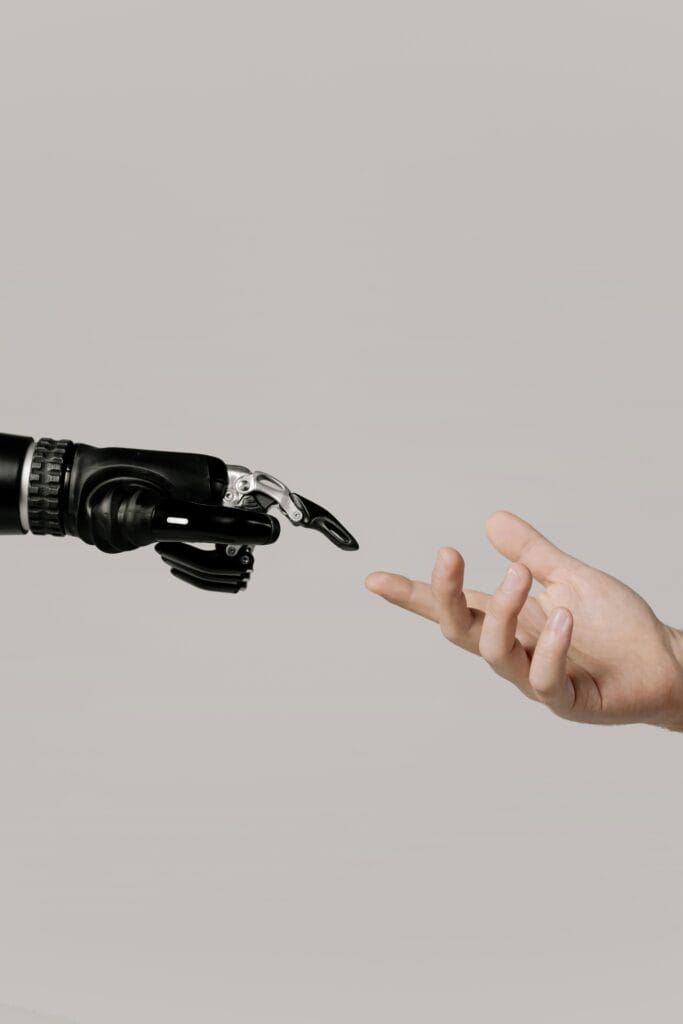Introduction
Artificial Intelligence (AI) is evolving rapidly, and one of the most exciting advancements is the rise of AI Agents. But what exactly are AI Agents? These autonomous systems perform tasks, make decisions, and interact with humans or other machines using advanced algorithms and machine learning models.
In this guide, we will explore AI Agents, how they work, their applications, and why they are shaping the future of technology.

Understanding AI Agents
AI Agents are intelligent software programs that perceive their environment, analyze data, and take actions to achieve specific goals. These agents operate independently or in collaboration with humans, improving efficiency across various industries.
AI Agents can be categorized into:
- Reactive Agents – Respond to stimuli without memory.
- Deliberative Agents – Use reasoning and planning.
- Learning Agents – Improve over time with machine learning.
- Multi-Agent Systems – Work together to solve complex tasks.
How AI Agents Work
AI Agents rely on a combination of AI technologies, including:
- Machine Learning (ML) – Enables agents to learn from data.
- Natural Language Processing (NLP) – Allows agents to understand and communicate in human language.
- Computer Vision – Helps agents interpret visual information.
- Reinforcement Learning – Improves decision-making over time.
By integrating these technologies, AI-driven systems can automate tasks, analyze vast amounts of data, and even simulate human-like interactions.
Why AI Agents Are Transforming Industries
1. AI in Customer Support
Chatbots and virtual assistants, like ChatGPT and Siri, provide instant responses and enhance customer experience.
2. AI in Healthcare
AI-driven systems assist in diagnosing diseases, recommending treatments, and managing patient records efficiently.
3. AI in Finance
Financial AI models analyze stock markets, detect fraud, and automate trading strategies to maximize profits.
4. AI in Automation
From self-driving cars to smart homes, AI enhances automation for improved efficiency and decision-making.
Implementing AI in Business
Step 1: Define Your Use Case
Determine where AI can add the most value, such as customer service, data analysis, or workflow automation.
Step 2: Choose the Right AI Tools
Some of the best AI platforms include:
- Google AI – Advanced ML models.
- OpenAI – Leading AI-powered applications.
- IBM Watson – Enterprise AI solutions.
Step 3: Train & Optimize Your AI System
Use large datasets, test responses, and continuously refine the AI model to improve accuracy and efficiency.
Step 4: Deploy & Monitor
Once implemented, monitor AI performance, track improvements, and optimize based on feedback.
The Future of AI Agents
The future of AI is promising, with advancements in deep learning, AI ethics, and automation reshaping industries. As AI continues to evolve, we can expect intelligent systems to become more autonomous and integrated into everyday life.
Conclusion: Embrace the Power of AI
Understanding AI-driven systems is crucial in today’s digital world. From business automation to personalized experiences, AI is revolutionizing industries and making our lives easier.
🚀 Are you ready to integrate AI into your business? Start today and unlock endless possibilities!


